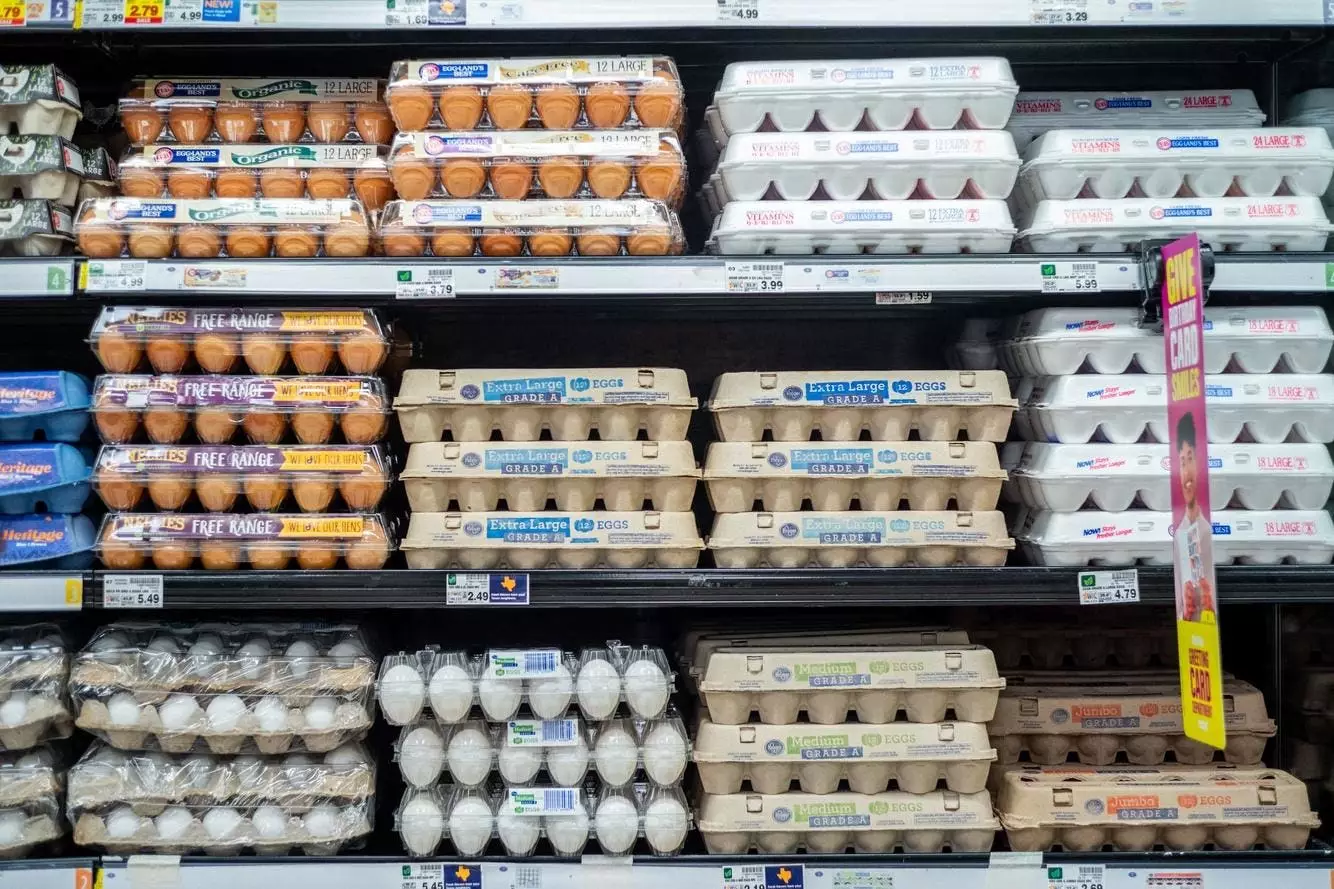The holiday festivities often culminate in joyful gatherings, delicious feasts, and an abundance of culinary delights. Yet, the day after the celebration often presents a critical question: How safe are these holiday leftovers? In the aftermath of a season filled with merriment, there can be unseen hazards lurking in our kitchens, particularly as recent food recalls highlight risks associated with popular products. As families reach for one last serving of tender turkey or scrumptious desserts, taking a moment to scrutinize what’s on the plate might prevent unfortunate mishaps.
In the lead-up to the holidays, numerous food recalls raised alarms about various products, which could compromise the safety of our cherished culinary traditions. For example, Costco’s recall of Handsome Brook Farms Organic Eggs due to potential salmonella contamination is not just another cautionary tale, but a serious matter affecting countless households dependent on eggs for holiday baking and meals. Eggs play a pivotal role, from festive quiches to decadent meringues, thus this recall affects many cherished traditions and recipes.
Chips, a perennial favorite for any gathering, faced scrutiny as well. The recall of Lay’s Classic Potato Chips, particularly in Oregon and Washington due to undeclared milk allergens, raises vital concerns for individuals with dairy allergies. Often underestimated, even the simplest snack can harbor risks, demonstrating the necessity for vigilance even in seemingly innocuous party foods.
Seafood lovers also had reason to be wary during this festive season. The recall of oysters and Manila clams due to a norovirus outbreak highlights the need for careful selection, particularly when it comes to raw or undercooked shellfish. Norovirus is notorious for causing gastrointestinal distress, making its presence in holiday dinners particularly alarming. Celebratory meals should offer joy, not health risks.
Moreover, holiday meals wouldn’t be complete without the comfort of pizza, and frozen options like Connie’s Thin Crust Cheese Pizza fell under scrutiny due to potential plastic contamination. As families often stockpile convenience foods for quick meals amid the hustle of the season, such recalls serve as stark reminders that even long-standing brands are not immune to serious safety oversights.
Even staples like frozen buttered vegetables have shown vulnerabilities, as Lidl’s Taste of Deutschland version faced a recall over undeclared milk allergens. This situation underscores a growing reality: families with dietary restrictions must remain vigilant, even with everyday items.
Further compounding the matter, Impero’s Raw Italian Pork Sausage was apprehended for being distributed without proper federal inspections, bringing attention to the critical need for oversight in food safety. This situation illustrates that neglecting regulatory measures can lead to dangerous exposures for consumers.
Confronted with the overwhelming nature of food recalls, particularly during the holiday rush, it’s essential to adopt a proactive approach to safeguarding both meals and loved ones.
Firstly, regularly checking for recalls is crucial; the USDA and FDA websites are reliable sources to stay updated. Subscribing to their mailing lists or notifications can bolster awareness and keep your pantry safer.
Next, take time to examine packaging closely. Check for batch numbers, expiration dates, and other identifying information to ensure none of your food items are caught up in a recall. When in doubt, it’s always better to err on the side of caution by disposing of questionable items.
Storing and reheating leftovers correctly is fundamental too. Refrigerate any leftovers within two hours of serving, and aim to consume them within three to four days. When reheating, ensure food reaches an internal temperature of at least 165°F to mitigate health risks associated with lingering bacteria.
Furthermore, if you’re hosting gatherings, keeping your guests informed about any pertinent recalls or food safety issues can foster a communal sense of responsibility towards health and safety during the celebrations.
Lastly, educating your household about the symptoms of foodborne illnesses is essential. If you or someone in your family experiences nausea, diarrhea, or fever following the consumption of suspicious food, reach out to a healthcare provider without delay.
While the holiday season is a time for joy and festivity, it’s also a period that demands awareness regarding food safety. By remaining informed and vigilant, you can ensure that the spirit of celebration continues without health-related interruptions.


Leave a Reply